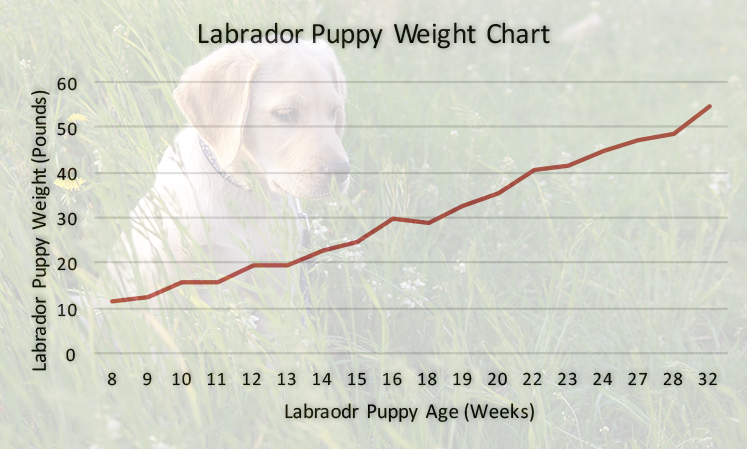For Labrador Retriever owners, the health and wellbeing of their pup is of the utmost importance. Ensuring that your 10 week old Labrador puppy is at a healthy weight is critical to their overall health and development. In this blog post, we’ll discuss how much your 10 week old Labrador puppy should weigh, and identify some signs of an unhealthy weight. We’ll also provide tips on how to guarantee that your pup is getting the nutrition they need to stay healthy and thrive. The topic of puppy weight can be complicated, so we’ll break it down into easy-to-understand information that all owners need to know. With this blog post, you’ll have the knowledge and understanding you need to make sure your 10 week old Labrador puppy is in the best shape possible.
English Lab Weight vs American Lab Weight
The fact that English and American Labs are very different is not always taken into account when calculating the average lab weight. English Labs that were bred from show lines are probably at the top of the range. A female English lab should weigh no more than 60 to 70 pounds, and a male should weigh no more than 70 to 80 pounds.
Without necessarily being overweight, some of our larger, show-bred Labs can weigh up to twenty pounds more than their field-bred cousins. whereas the field-bred American Lab is more likely to fall below average A Labrador that is naturally large may have bigger bones overall and a larger overall “frame.” But they should still look ‘slim’. Many Labradors are overweight without looking so ‘obviously’ overweight.
How much do Labs weigh in general?
Labrador males typically weigh between 60 and 80 pounds, while females typically weigh between 55 and 75 pounds. But many healthy Labradors fall outside these averages. So it’s important to look at the whole picture. Learn what you need to know about your Labrador Retriever’s weight in the following paragraphs.
Use these links to navigate down the page if you have a question you need an immediate response to. Otherwise, read on to learn everything about maintaining a healthy weight for your Lab.
Check out this graph of the weights and ages of more than 200 Lab puppies. As you can see, there is a wide range, as well as a few anomalies, and as the pups get older and at some specific ages, we have less data to go on.
Many of our readers want to know how much their Labrador should weigh at certain ages. Due to their rapid growth and fluctuating weight, labrador puppies
The Lab weight chart below was made using information from our forum. Simply compare your pup’s weight to this chart and see how it corresponds with what they should weigh at various stages of their young life if you want to get a general idea. But remember, average Labrador weight is not totally straight forward….
 Average Labrador Weight
Average Labrador Weight
Labradors come in a wide variety of sizes. So average Labrador Retriever weight figures can be misleading. An adult female Labrador might weigh between 55 and 70 lbs. as a very rough guide. An adult male Lab will weigh 65 – 80lbs.
As you can see, there is a significant cross over, though female lab weight will typically be lower than male lab weight. However, there are various types of Labradors, and his type will affect the ideal Labrador weight.
Can a 10 week old puppy sleep through the night?
The majority of puppies start sleeping through the night by the time they are about 4 months (16 weeks) old. However, with a little assistance, perseverance, and proactive training, you might be able to get your puppy there even sooner!
FAQ
How much should my 10 week lab puppy weigh?
Many Labrador puppies will weigh approximately one kilo for each week of their lives, as a very rough guide. A ten-week-old puppy should therefore weigh around ten kilograms, or about twenty-two pounds.
What should I expect from my 10 week old lab puppy?
…
What to expect from a 10 week old puppy
- Pee at least every two hours.
- Want to spend all their time together.
- Nap frequently.
- Be very playful.
- Use random items in your house as chew toys.
How much should a 11 week old lab weigh?
A good rule of thumb is that your puppy should gain two pounds per week up to the age of six months, and then transition to about one and a half pounds per week until it turns one year old.